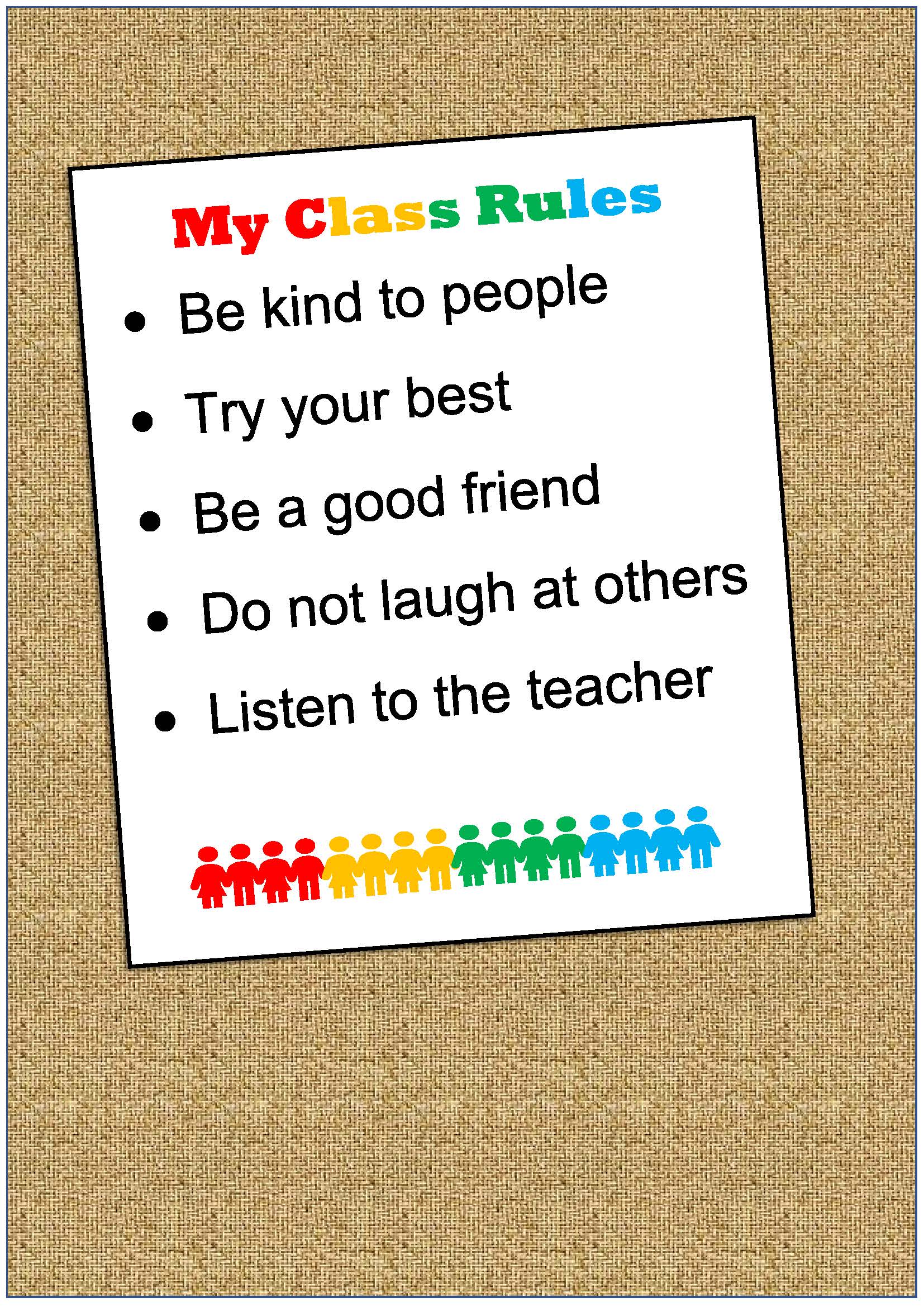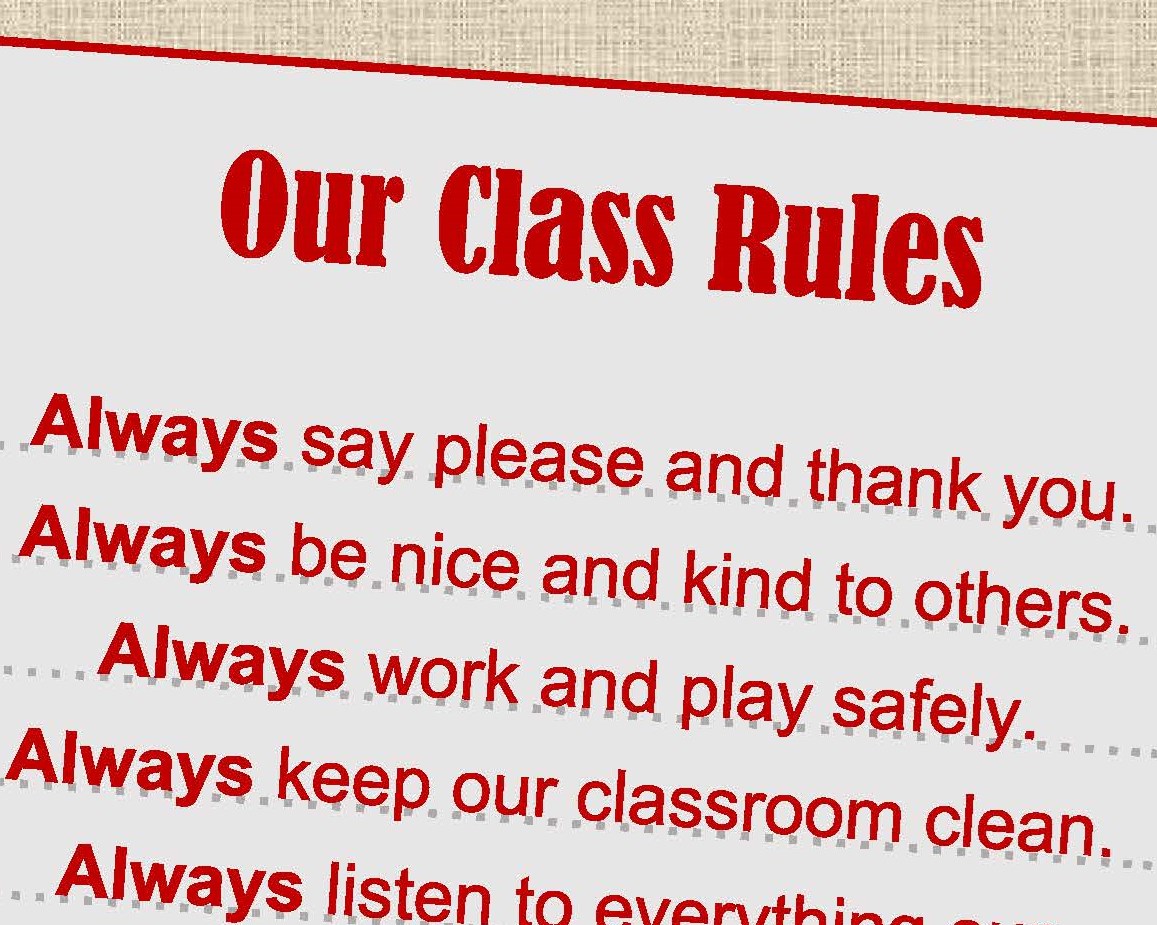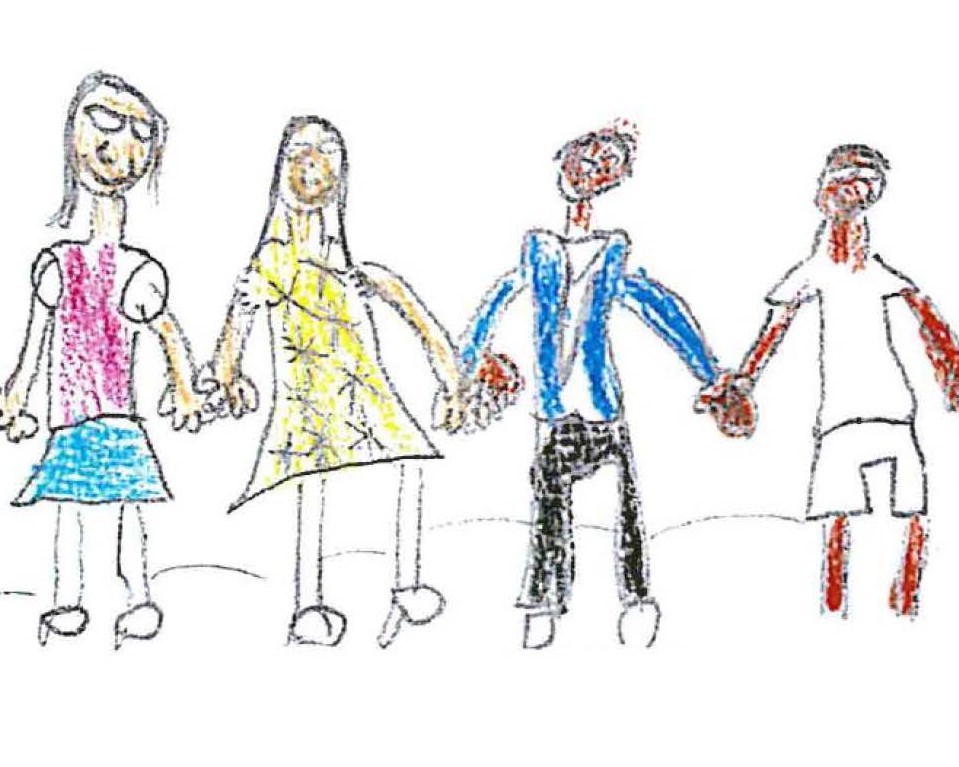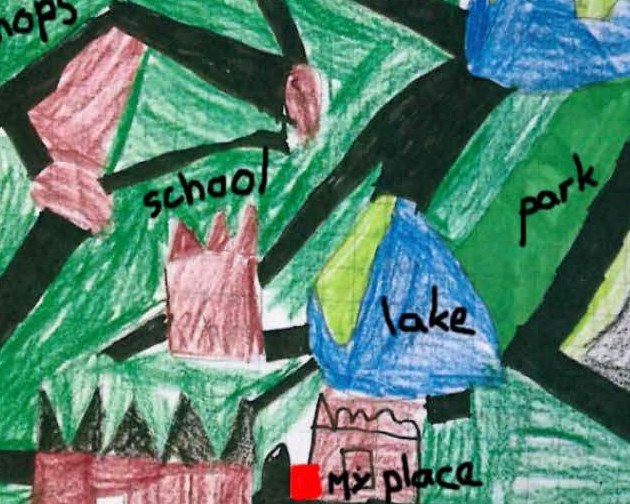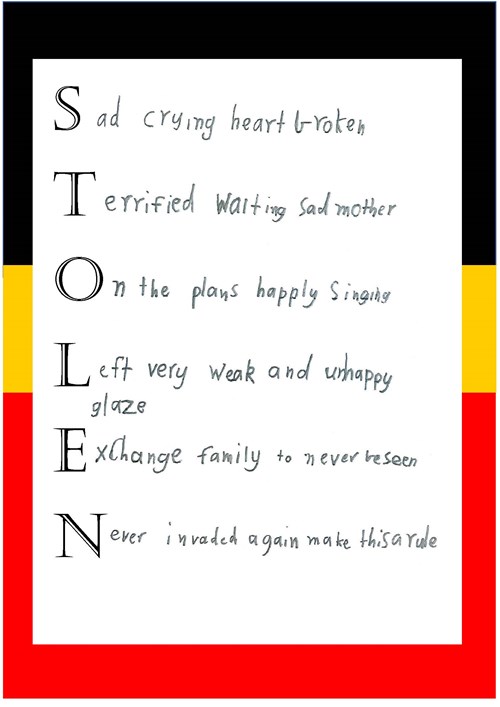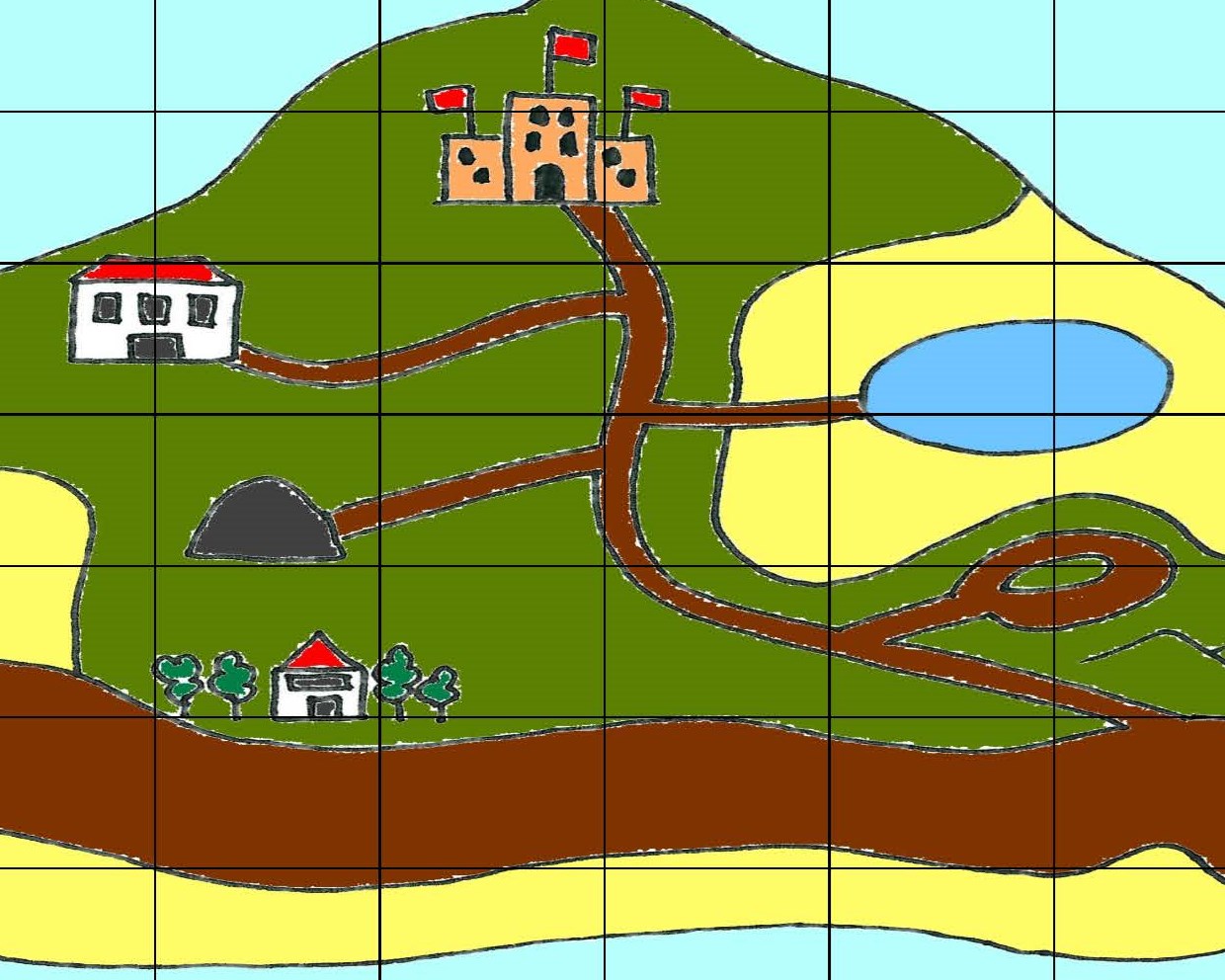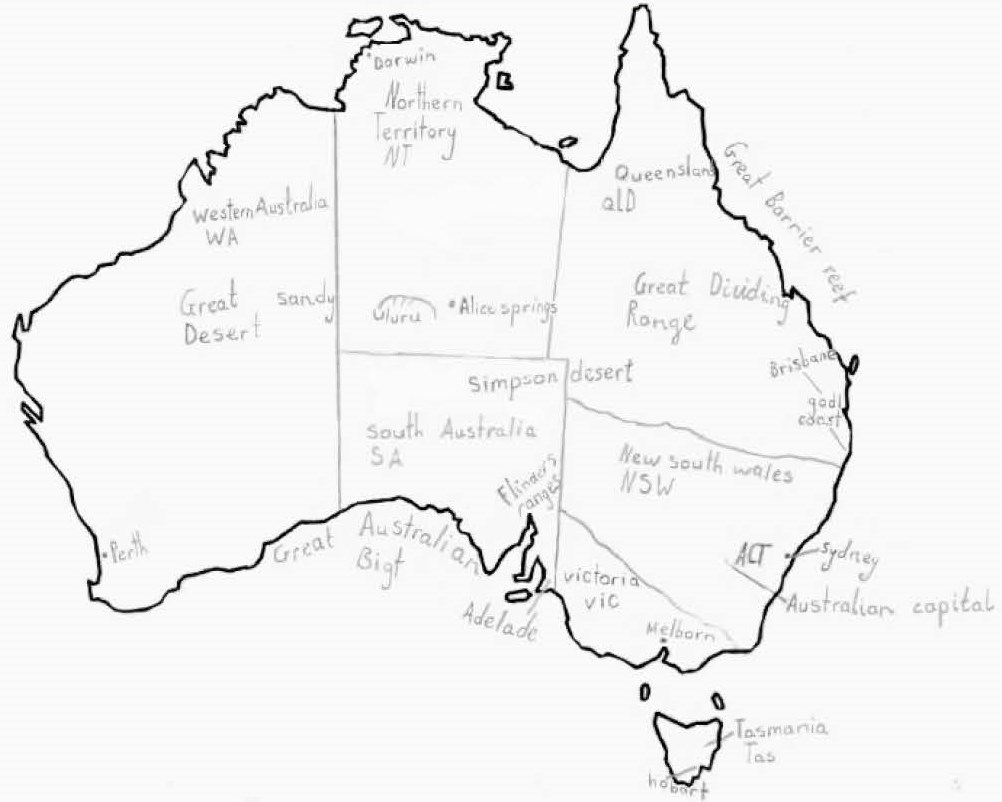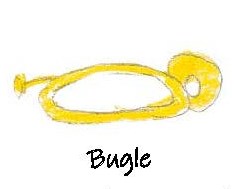Our class rules
Summary of task
Students discussed the role of rules in the classroom and were asked to propose lists of rules for members of the class to follow. The lists were word-processed and posted on the classroom noticeboard. One of these lists is provided as the work sample. Students then used stickers to identify the most important rules to be followed. The teacher collated the votes and the five most popular rules became the agreed core classroom rules for the year. The task took place in class during the first week of the new school year.
Achievement standard
By the end of Year 3, students explain the role of rules in their community and the importance of making decisions democratically. They describe how people participate in their community as active citizens.
Students pose simple questions about the society in which they live. They collect information from sources to answer these questions. They examine information to identify a point of view and draw simple conclusions. Students share their views on an issue and describe how they participate in a group. They present their ideas and conclusions in oral, visual and written forms using civics and citizenship terms.
